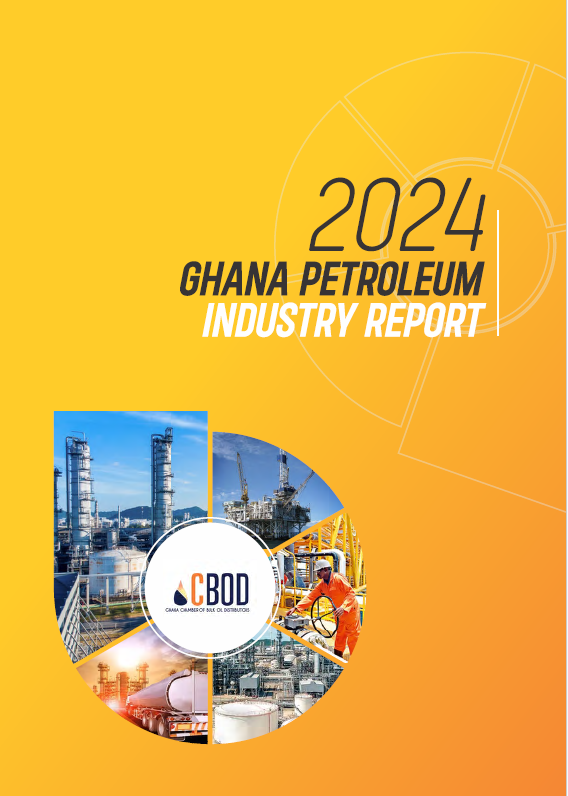Oil prices were steady on Thursday, weighed by the gradual return of Canadian oil sands output but supported by a surprise drop in U.S. crude inventories and a tightening global market.
International Brent crude futures were trading at $47.63 per barrel at 0712 GMT on Thursday, up 3 cents from their last settlement. U.S. West Texas Intermediate (WTI) crude futures CLc1 were 1 cents lower at $46.22.
Traders said an expected increase in Canadian oil sands crude output following disruptions to over 1 million barrels of daily production capacity due to wildfire was weighing on markets.
However, an unexpected fall in U.S. crude inventories along with a tightening global market were supporting prices, traders said.
The U.S. Energy Information Administration (EIA) said on Wednesday that U.S. crude inventories fell 3.4 million barrels to 540 million barrels last week, compared with analyst expectations for an increase of 714,000 barrels and the American Petroleum Institute’s (API) reported build of 3.5 million barrels in preliminary data issued on Tuesday.
“With (refinery) runs recovering and production dropping, U.S. (crude) stocks should begin drawing steadily from now,” consultancy Energy Aspects said on Thursday.
“We estimate that North American inventories can fall by as much as 12 million barrels across May and June,” it added.
OPEC TALKS, NO ACTION
Globally, supply cuts and disruptions in the Americas, Asia and Africa have significantly tightened the market in recent weeks, virtually eliminating a global supply overhang which rose as high as 2 million barrels per day over the past year.
Middle East oil exporter Kuwait said that recent price rises were fundamentally justified.
“Based on the decrease in production that has been shown in the last three weeks, I assume fundamentally the price represents the fall of production,” Kuwait’s acting oil minister Anas al-Saleh told Reuters on Thursday.
He also said that the Organization of the Petroleum Exporting Countries (OPEC), of which Kuwait is a member, would not seek price supporting market intervention during its next scheduled meeting on June 2, and instead focus on dialogue among the producer cartel.
At an April producer meeting, OPEC rivals Saudi Arabia and Iran could not agree on deal terms, triggering criticism that the producers’ cartel had lost its ability to act.
–
Reuters





